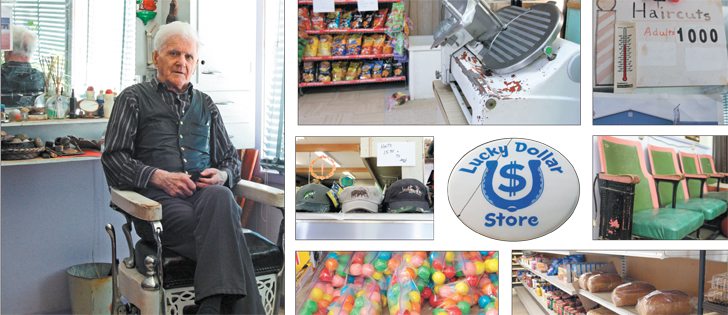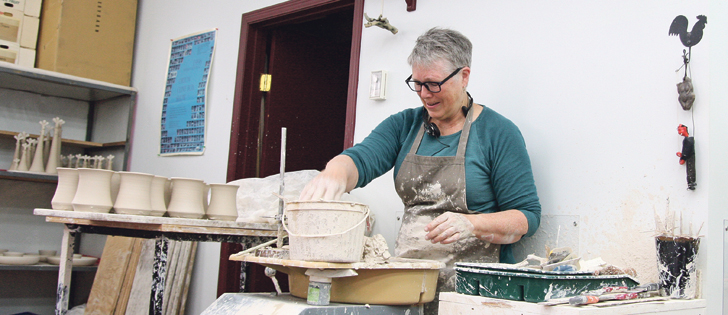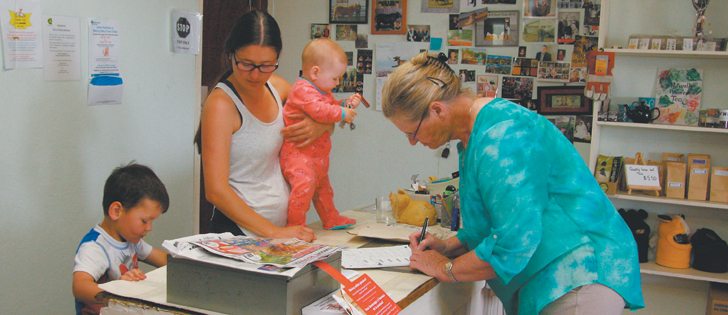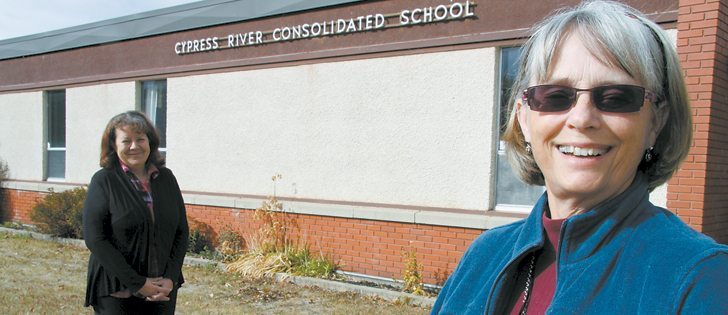Longtime business owner in Pine River, Man., offers words of wisdom to others seeking success in life and careers
PINE RIVER, Man. — Anthony Semeniuk delivered six babies in his taxi, ran a general store and cut hair.
His cab service often became an ambulance for locals in medical distress and sometimes women in labour couldn’t wait to get to the hospital.
“The doctor told me what to expect and from then on, I was OK and knew what to look for when a child is born,” said Semeniuk.
In his youth, he studied animal husbandry and barbering and farmed, but it was Pine River’s general store that became the epicentre of his wide-ranging businesses.
Read Also

Fuel rebate rule change will affect taxes and AgriStability
The federal government recently announced updates to the fuel rebates that farmers have been receiving since 2019-20.
He started by running the pool hall, but later sold the tables and moved into groceries. But he didn’t stop there, adding a tax service, egg grading, real estate and insurance services while also working as a census and returning officer. In his 40 years of driving cab, he operated 22 different cars.
“Anything you do, whatever you do, do it with love and you will be successful. I run my life with love. I like working with people,” said Semeniuk, 93.
He got help from his late wife, Pauline, with whom he travelled extensively and raised four sons.
“We sure worked together.”
A slight smile emerged as he noted a grandson retired before he did.
He settled into a row of seats taken from a theatre when it closed, pointing to other pieces garnered from closed businesses.
Semeniuk’s Lucky Dollar store and attached barber shop and office contain a wooden roll top desk from the Dauphin Credit Union he picked up for $25, a $5 safe from a realtor and a barber chair that no longer swivels but dates back a century.
At his home nearby, he keeps a 1950s Chrysler Fifth Avenue in running condition.
These days, Semeniuk lets Sheila Medwid run the store and accepts help from home care. He still cuts hair for a few men, remembering how he once charged 25 cents.
“I was told to go higher but I’m not going to go higher,” said Semeniuk of his $10 hair cuts.
Medwid stands at the cash register, with a wooden cabinet behind her filled with cigarettes and a well seasoned deli meat cutting machine close at hand.
Nearby, two odd chairs and a table sit for visits with friends and customers. Candy like Ziplocked bags of gumballs are stacked on shelves for the town’s children.
“I don’t know why Tony didn’t write a book, all the stuff he’s done,” she said.
Semeniuk said boots once accounted for $10,000 in monthly sales, but Medwid said most locals frequent the store now for water, cigarettes and liquor.
“Some days, there is not enough business. If not for alcohol and cigarettes, I’d say no,” said Medwid of the store’s sales.
Slightly built and weighing 150 pounds, Semeniuk hasn’t smoked or touched alcohol since his youth. The second generation Ukrainian who grew up speaking his parents’ language said the town was once mostly Ukrainian. Today, Mennonites are more prominent.
As in many rural areas, consumers gravitate to larger urban centres and large grocers, with Semeniuk expressing dismay at the underwhelming support small grocers like him get.
The town is pockmarked with gaps where businesses once stood, including six stores, four garages, an implements dealership, a hotel, livery barn, RCMP detachment and theatre.
More than 500 people lived here in 1947, and today the population is less than 150.
“Passengers used to come here to the CN station, meet and then go to the store,” Semeniuk said. “They used to get together in the evening.”
He said the town suffered a big setback with the departure of the railroad.
“That destroys the community.”















